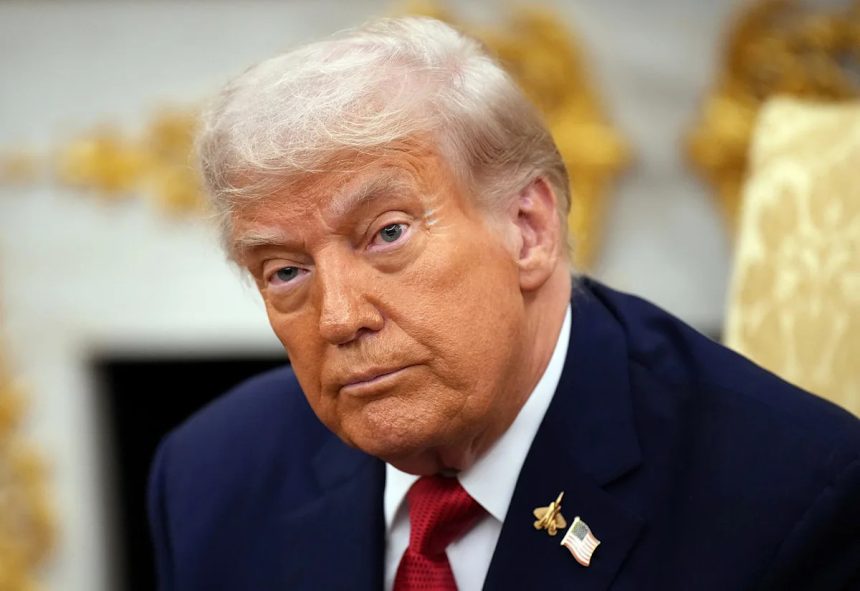Shortly after Rep. Adelita Grijalva was sworn in as Congress’ newest member last week, the Arizona Democrat did exactly what she was expected to do: She signed the discharge petition on the Epstein Files Transparency Act, a bipartisan measure intended to force disclosure of the Jeffrey Epstein files, currently being held back by Donald Trump’s Justice Department.
Grijalva’s signature represented a tipping point for the resolution: It needed 218 signatures to force a floor vote, and the new congresswoman was the 218th member to endorse the bill.
At that point, the question wasn’t whether the measure would pass, but rather, by what margin it would pass. According to some initial accounts, at least 50 House Republicans, if not more, were prepared to break ranks, ignore Donald Trump’s wishes, and vote with Democrats on the resolution. Others expected an even more lopsided outcome: If 76 House Republicans voted for the proposal, it would have a veto-proof majority, and I spoke to a Capitol Hill staffer last week who said that outcome was entirely realistic.
On Sunday morning, Republican Rep. Thomas Massie of Kentucky, one of the lead sponsors of the resolution, appeared on ABC News’ “This Week” and predicted “a deluge” of GOP support for the bill. “There could be 100 or more,” the GOP congressman added.
Roughly 12 hours later, the president threw in the towel. In a rant published to his social media platform on Sunday night, Trump issued a statement that began:
… House Republicans should vote to release the Epstein files, because we have nothing to hide, and it’s time to move on from this Democrat Hoax perpetrated by Radical Left Lunatics in order to deflect from the Great Success of the Republican Party, including our recent Victory on the Democrat ‘Shutdown.’
This was followed by 205 additional words about how impressed Trump is with his record.
To be sure, the president has flip-flopped before, but as U-turns go, this one was especially dramatic: Last week, Trump and his team scrambled to derail the legislative effort, even bringing Republican Rep. Lauren Boebert of Colorado into the White House Situation Room to give her the hard sell. (Boebert, one of the four Republicans who signed the discharge petition, didn’t budge.) The president has also labeled Republican Rep. Marjorie Taylor Greene of Georgia a “traitor,” in large part because of her position on disclosing the Epstein files.
Four days later, facing inevitable defeat, and seemingly powerless to dictate the outcome in a chamber controlled by his allies, Trump directed House GOP members to vote for the measure.
The oddity of the circumstances went unremarked upon: The president now wants the House to approve a resolution to force the disclosure of materials that Trump could simply choose to disclose at any time.
So what happens now? While the legislative process surrounding discharge petitions is complex and burdensome, House Speaker Mike Johnson, who largely controls developments on the floor, agreed last week to simply get this over with, scheduling a vote for Tuesday, Nov. 18. (The Louisiana Republican had the option of waiting for the discharge petition to fully ripen, punting the vote until after Thanksgiving. But by all accounts, Johnson instead decided to rip off the band-aid.)
If all goes according to plan, after the House vote on the resolution, the measure would head to the Senate, where its future is uncertain: It would need 60 votes to advance in a chamber in which there the Senate Democratic conference has 47 members.
If 13 or more Senate Republicans ended up supporting the bill, it would eventually need the president’s signature. Watch this space.
This article was originally published on MSNBC.com









